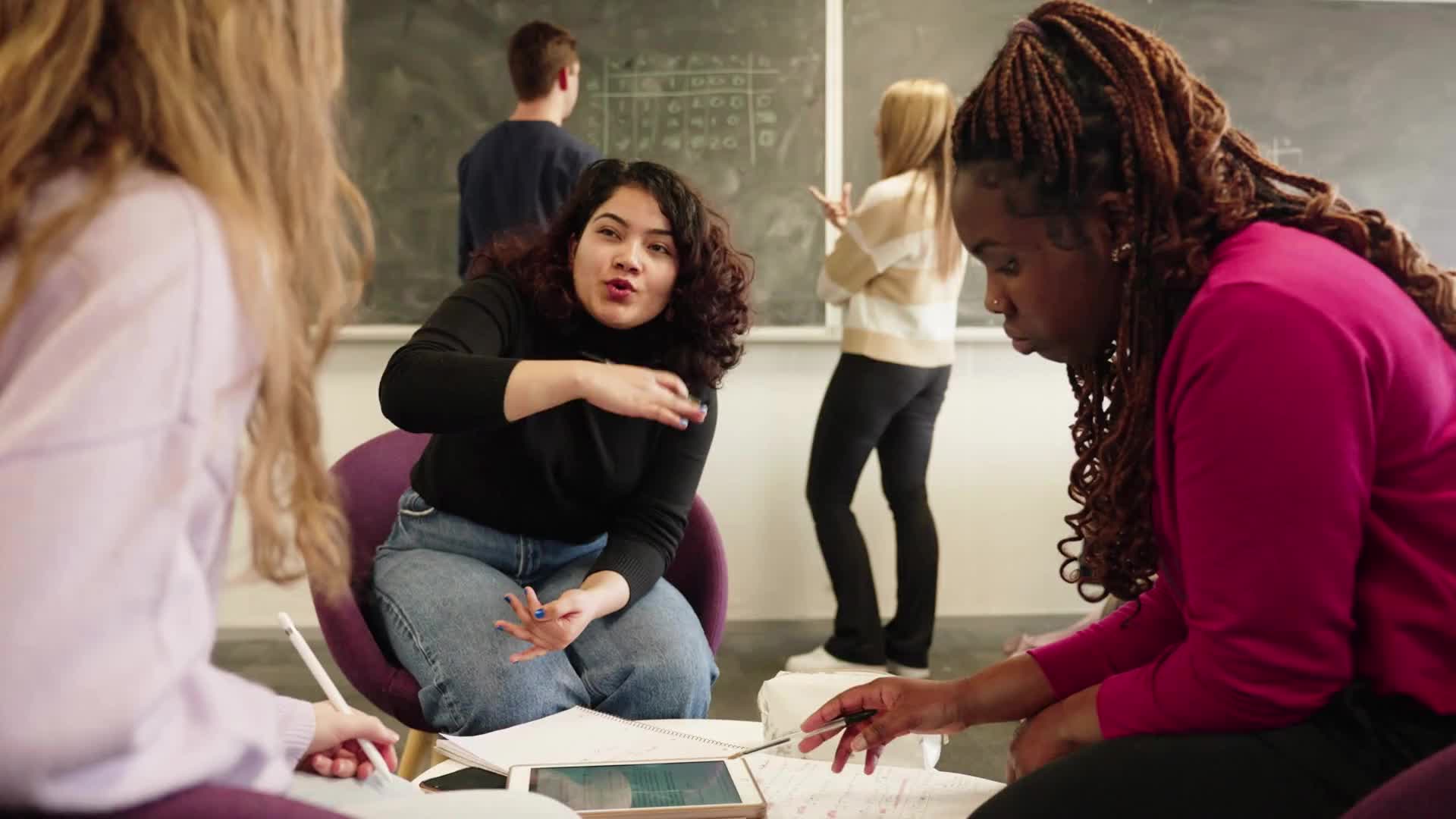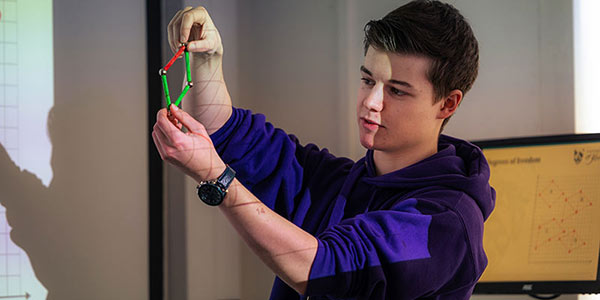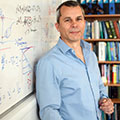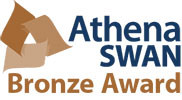
Department of Mathematics
Discovering abstract mathematical structures and applying mathematical innovation to real-world problems.

Study with us
Become part of a vibrant mathematical community.
Our courses cover pure and applied mathematics and statistics. You'll be taught by dedicated staff, many of whom are leaders in their fields.
Schools and public outreach
We offer a range of activities for the public, families and school students.
From school visits and taster days to science trails and public lectures, we aim to open up mathematics to all and encourage the study of mathematics at A level and beyond.


We pride ourselves on our balance of pure and interdisciplinary research, from staff with an international outlook, in a friendly, dynamic environment.
Professor Martin Bees, Head of Department
News and events
Professor Chris Fewster has won a top international prize for a paper that makes a "landmark contribution" to quantum physics.
Mathematicians consider whether the Battle of the Atlantic could have had a different outcome if the Germans had changed their strategy.
Congratulations to Prof Nicolas Gisin on the award of an honorary doctorate by the University for his work in quantum communication and foundations.
Many congratulations to Prof Reidun Twarock, who has been elected as a Fellow of the Royal Society.


